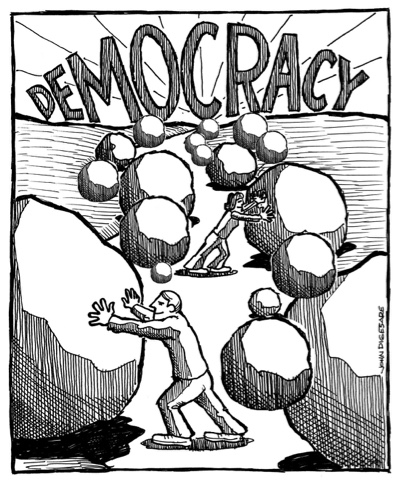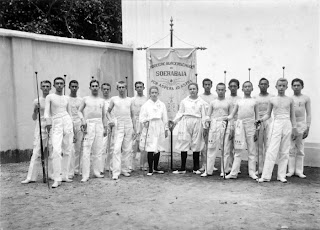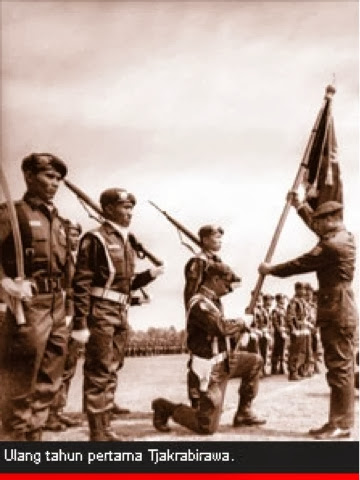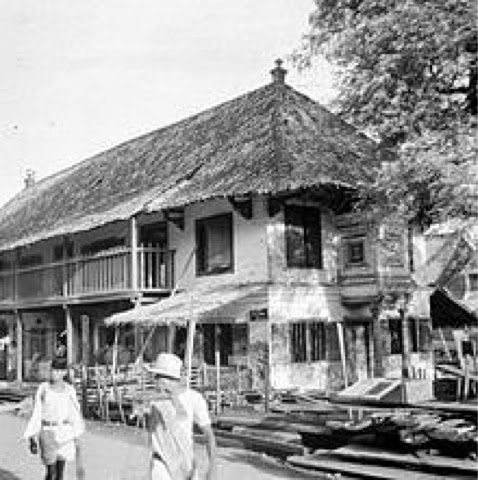Democracy and Multiculturalism
By Aaron Aristotele
The Haque University Den Haag NL
First year European Studies
Democracy and Multiculturalism
One of the biggest issues facing liberal democracies today is the politicization of ethnocultural diversity. Minority cultures are demanding a bigger exposure of their distinctive identity, and greater freedom and opportunity to retain and develop their cultural practices. Ethnocultural relations are often complicated and cannot be explained using simple categories or easy answers
Two kinds of minority cultures
Multination states: We often describe independent countries as nation states. In fact, many are multi-national, united together by same language, occupying a piece of land and sharing a distinctive culture. Example is Israel, where many Jews and Palestinians live in co-existence. North American minorities such as American-Indians, Hispanics
Polytechnic states: A second source of diversity is immigration, particularly when large numbers of individuals and families are admitted from other countries, and allowed to maintain some of their ethnic particularity. Australia, Canada, United States used to force immigrants to dive deep into their country’s respective cultures until they become indistinguishable from local citizens. As time passed, these countries think that assimilations are very unrealistic and unjust. They adopted multicultural approach, which allowed immigrants to maintain various aspects of their original culture
To conclude, some countries are multinational (because of colonization, conquest) and others are polytechnic (as a result of immigration)
Two kinds of group rights
Internal protections/restrictions: involves the right of a group against its own members. Its intentions are to protect the group against the destabilizing impact of internal dissent (a decision which was made which violates traditional norms of the culture)
External protections: involves the right of a group against the larger society. Its intentions are to protect the group from the impact of external pressures (voorbeld the economic or political decisions of the larger society)
The writer thought that internal restrictions are almost always unjust. Group has rights to impose restrictions, but it’s unjust to use governmental power to restrict the liberty of members. External restrictions are defensible when groups tried to protect their identity by limiting their vulnerability to the decisions of much larger society. Guaranteeing a representative from a minority in a governmental position is a backbone for democracy to run. In conclusion, not only the majority groups have the rights to make decisions in the government, but also the minority. This is a staple to democracy
The Nature of Liberal Tolerance
Kymlicka provided two cases of immigrants, cultural and national groups demanded the rights to protect their historical customs. The first is Hofer v Hofer, which dealt with the powersof the Hutterite church and Wisconsin v Yoder case, which dealt the power of the Amish people. The courts supported the illiberal groups (for the sake of tolerance and freedom of religion), but the courts interpreted these ideals in a non-liberalways. Thus this seems like that the word tolerance didn’t actually help to resolve the conflict between liberal values and illiberal minorities
Conclusion
Liberal democracies have a long history of trying to accommodate ethnocultural differences. Developing a liberal theory of minority rights is the most important action to take for the future of liberal democracies, particularly in newly-democratized countries in Eastern Europe, Asia, Africa. If liberalism is to have any chance of being successful in these countries, it must address the needs of not only their local citizens, but the immigrants and minorities as well
Opinions
Prior to writing this outline, I happened to watch the MovieBridge of Spies from Tom Hanks. I remembered his quote
“My name's Donovan. Irish, both sides. Mother and father.I'm Irish and you're German. But what makes us both Americans? Just one thing. One. Only one. The rule book. We call it the Constitution, and we agree to the rules, and that's what makes us Americans”
The point here is that his character is an Irish, and the other is German. They are the sons of immigrants coming to the United States. Irish immigrants, German immigrants. They received American citizenship, because they have the option to. And theyare encouraged to keep parts of the Irish, German cultures they had
Democracy is not only for those who are ethnic to where they are, but also apply to immigrants, minorities. When they step into a country, they are entitled to set of privileges that apply to the national citizens. Fair treatment, and it didn’t matter what color skin they are or what race they are. Full-fledged democracies embraced the idea of multiculturalism. Indonesia is a newly democratized country, after 32 years of dictatorship that ended in 1998. People who was born in this years including myself was called the reform generation. But we still need to make a lot of steps forward, because some cases of cultural-differences still exist.




Comments